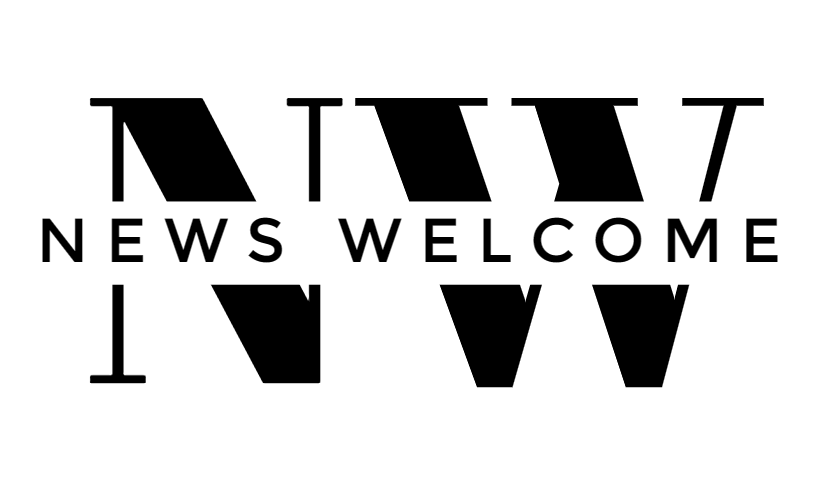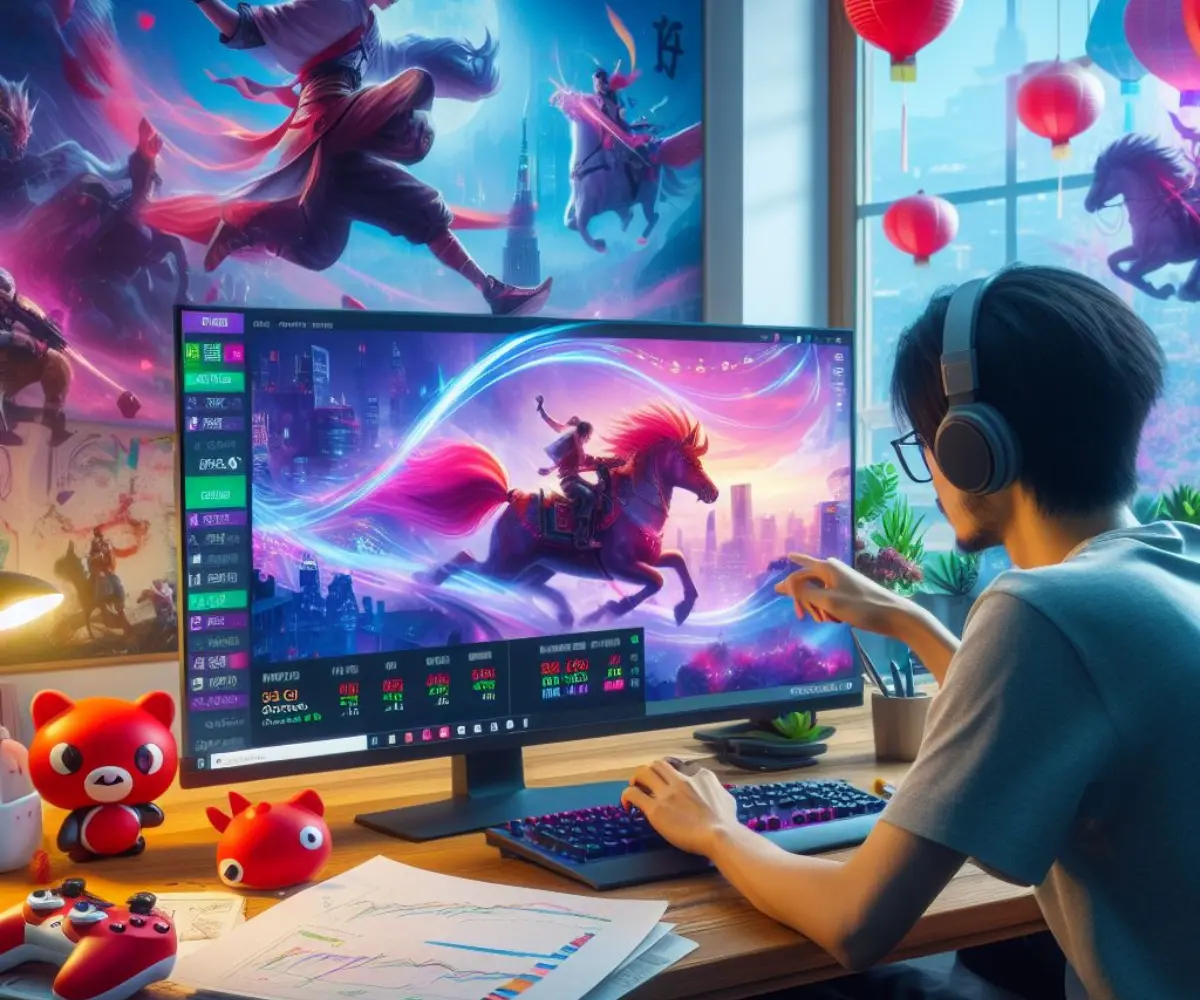In a surprising turn of events, Tencent Holdings (0700.HK) witnesses a resurgence in its shares following a rollercoaster ride prompted by the release of draft rules aimed at curbing spending and regulating rewards in the video game industry. This development sent shockwaves through the gaming sector, but a subsequent softening of the regulatory stance has provided a glimmer of hope for investors. As the gaming industry teeters on the edge of uncertainty, we delve into the details of the evolving situation.
Regulatory Waves and Tencent’s Response
China’s Tencent Sees Partial Rebound Amidst Regulatory Uncertainty
On the heels of the release of draft rules targeting video game spending and rewards, Tencent experienced a significant dip in its shares. The proposed regulations raised concerns about a potential crackdown on the gaming sector. However, the National Press and Publication Administration, China’s video game regulator, adopted a more conciliatory approach, expressing a commitment to refining the rules based on public feedback. This shift in tone has paved the way for Tencent’s shares to rebound, signaling a potential easing of market concerns.
Analyst Insights: Navigating the Storm
Nomura Analysts Weigh In on Regulatory Impact
Despite the partial rebound in Tencent’s shares, Nomura analysts remain cautiously optimistic. They acknowledge that the regulatory measures may alleviate some market concerns but caution that the overhang caused by the draft regulation still persists. As the industry strives to recover from a recent clampdown, investors are keenly watching for further developments that could shape the future trajectory of gaming stocks.
Market Dynamics: Tencent vs. Rival NetEase
Tencent and NetEase Experience Divergent Trajectories
The impact of regulatory developments extends beyond Tencent, affecting its rival NetEase as well. Tencent, a tech giant deriving a significant portion of its revenue from online gaming, witnessed a 5% surge in shares after a 12% decline. In contrast, NetEase, with 80% of its revenue from domestic online gaming, saw a remarkable 10% increase, fueled in part by reports of potential collaboration with Blizzard, the maker of World of Warcraft.
Industry Talks: NetEase’s Potential Reunion with Blizzard
NetEase and Blizzard: Rekindling Partnerships
Recent reports suggest that NetEase and Blizzard, which severed ties a year ago, are in talks to resume their partnership. While both companies remained tight-lipped in response to Reuters inquiries, the speculation adds another layer of intrigue to the evolving narrative. The gaming industry, known for its dynamic partnerships and swift changes, may witness a reunion that could reshape the competitive landscape.
Draft Rules in Focus: Balancing Regulation and Growth
Understanding the Proposed Regulations
The draft rules, open for public comment until Jan. 24, aim to restrict certain incentive mechanisms in online games. These include the prohibition of rewarding players for daily logins, first-time spending, and consecutive spending. While the gaming industry and investors were taken by surprise, these measures align with broader efforts by Chinese authorities to address myopia and combat internet and gaming addiction among the youth.
Industry Resilience: Weathering Regulatory Storms
Gaming Sector Returns to Growth Despite Regulatory Hurdles
The gaming industry has recently emerged from an extended clampdown in 2021 and 2022. Despite the regulatory challenges, the sector has shown resilience, with Tencent and other players experiencing growth this year. The delicate balance between regulatory oversight and fostering industry growth remains a key challenge, and stakeholders are closely monitoring the evolving landscape.
Market Trends: Share Buybacks and Investor Assurance
Companies Announce Share Buybacks to Reassure Investors
In response to the regulatory uncertainties, several gaming companies have announced share buyback plans. These initiatives are perceived as attempts to reassure investors, but their impact on share prices has been modest at best. The industry’s reaction to these buyback strategies underscores the ongoing quest for stability and investor confidence in the face of regulatory turbulence.
Conclusion: Navigating the Gaming Frontier
Final Thoughts on Tencent’s Resilience
As Tencent’s shares experience a partial rebound and regulatory uncertainties continue to shape the gaming landscape, the industry finds itself at a crossroads. The delicate dance between regulatory oversight and fostering innovation and growth remains a challenge. Tencent’s resilience in the face of market fluctuations highlights the dynamic nature of the gaming sector, where adaptability is key. As stakeholders await further regulatory developments, the gaming frontier remains ever-evolving, with both challenges and opportunities on the horizon.
FAQs
What prompted the initial decline in Tencent’s shares?
The release of draft rules targeting video game spending and rewards sparked concerns about a potential crackdown on the gaming sector, leading to a significant dip in Tencent’s shares.
How has the regulatory tone shifted?
The National Press and Publication Administration, China’s video game regulator, has adopted a more conciliatory tone, expressing a commitment to refining the rules based on public feedback.
What is the significance of NetEase’s potential collaboration with Blizzard?
Reports suggest that NetEase and Blizzard, which severed ties a year ago, are in talks to resume their partnership. This potential reunion adds intrigue to the evolving narrative of the gaming industry.
How are gaming companies responding to regulatory uncertainties?
In response to the regulatory uncertainties, several gaming companies have announced share buyback plans, seen as attempts to reassure investors. However, the impact on share prices has been modest.
Final Thoughts: Navigating Uncertain Waters in the Gaming Industry
As the gaming industry grapples with regulatory shifts, Tencent’s partial rebound reflects both resilience and uncertainty. The delicate balance between regulatory oversight and industry growth will continue to shape the narrative. The ongoing dialogue between regulators, companies, and investors underscores the dynamic nature of the gaming frontier, where adaptability and strategic partnerships may hold the key to navigating uncertain waters.

Bernie Grady is a technology and business journalist who writes about trending topics in the world of technology, entertainment, and business. She has a keen eye for spotting new trends and loves to share her insights with her readers. Bernie has been writing professionally for over 10 years and has experience covering a wide range of topics. When she’s not writing, she enjoys spending time with her family and friends.

